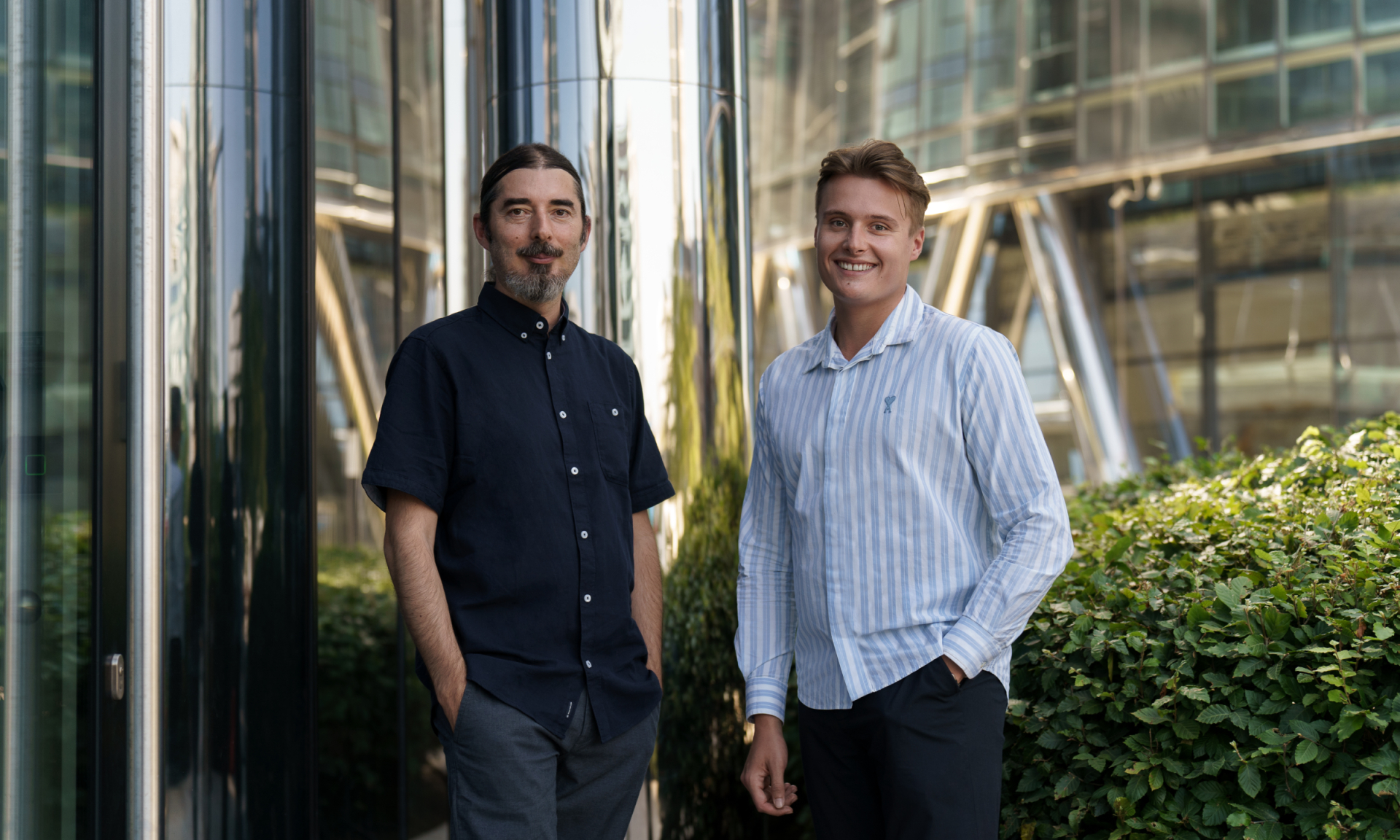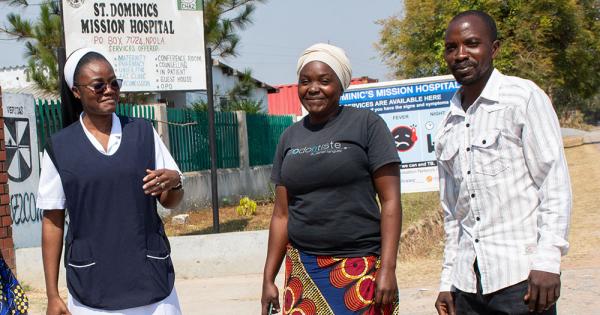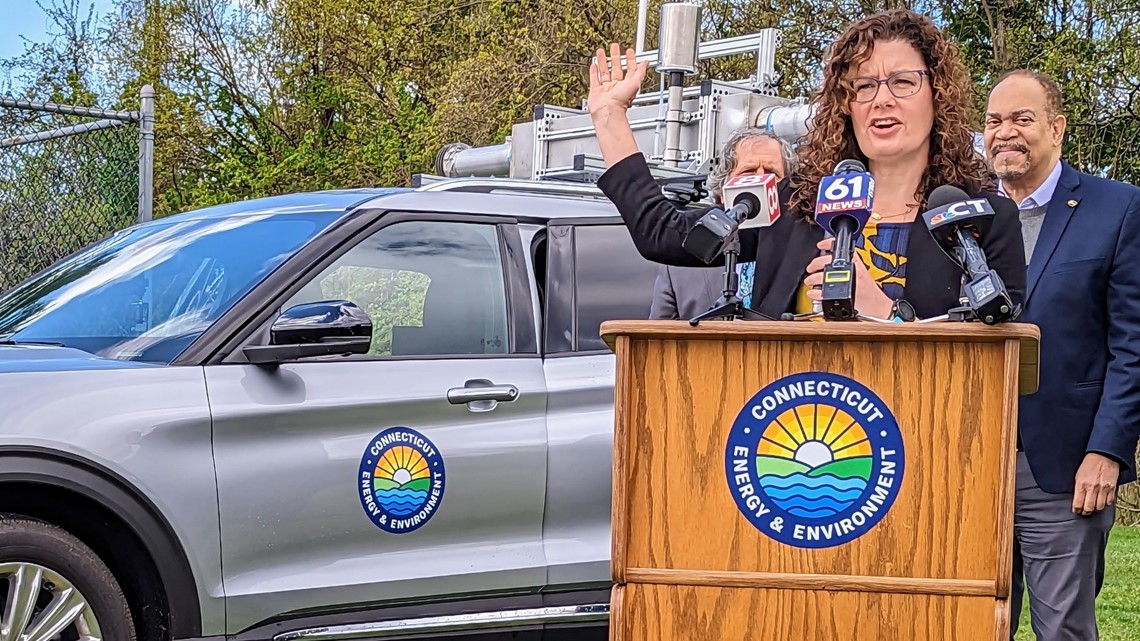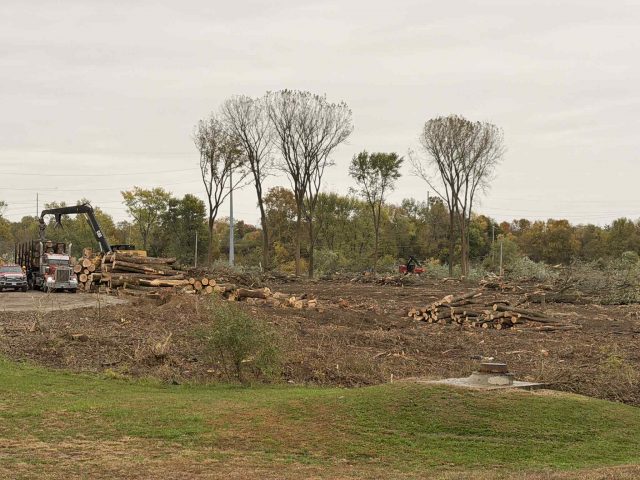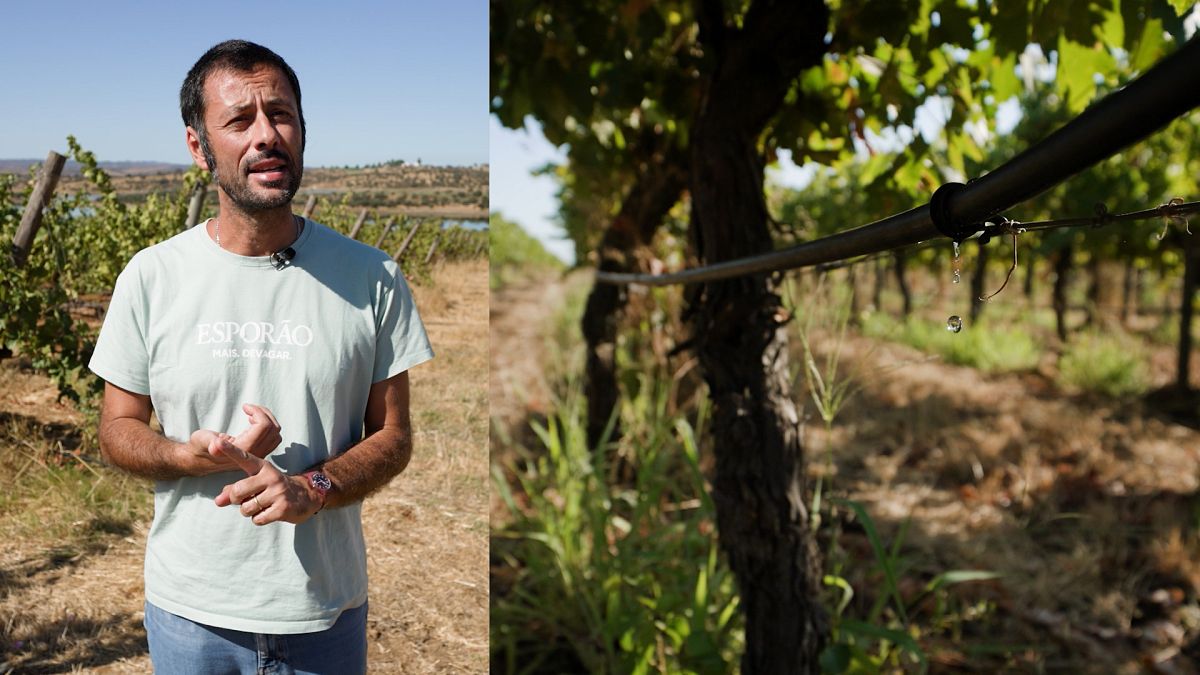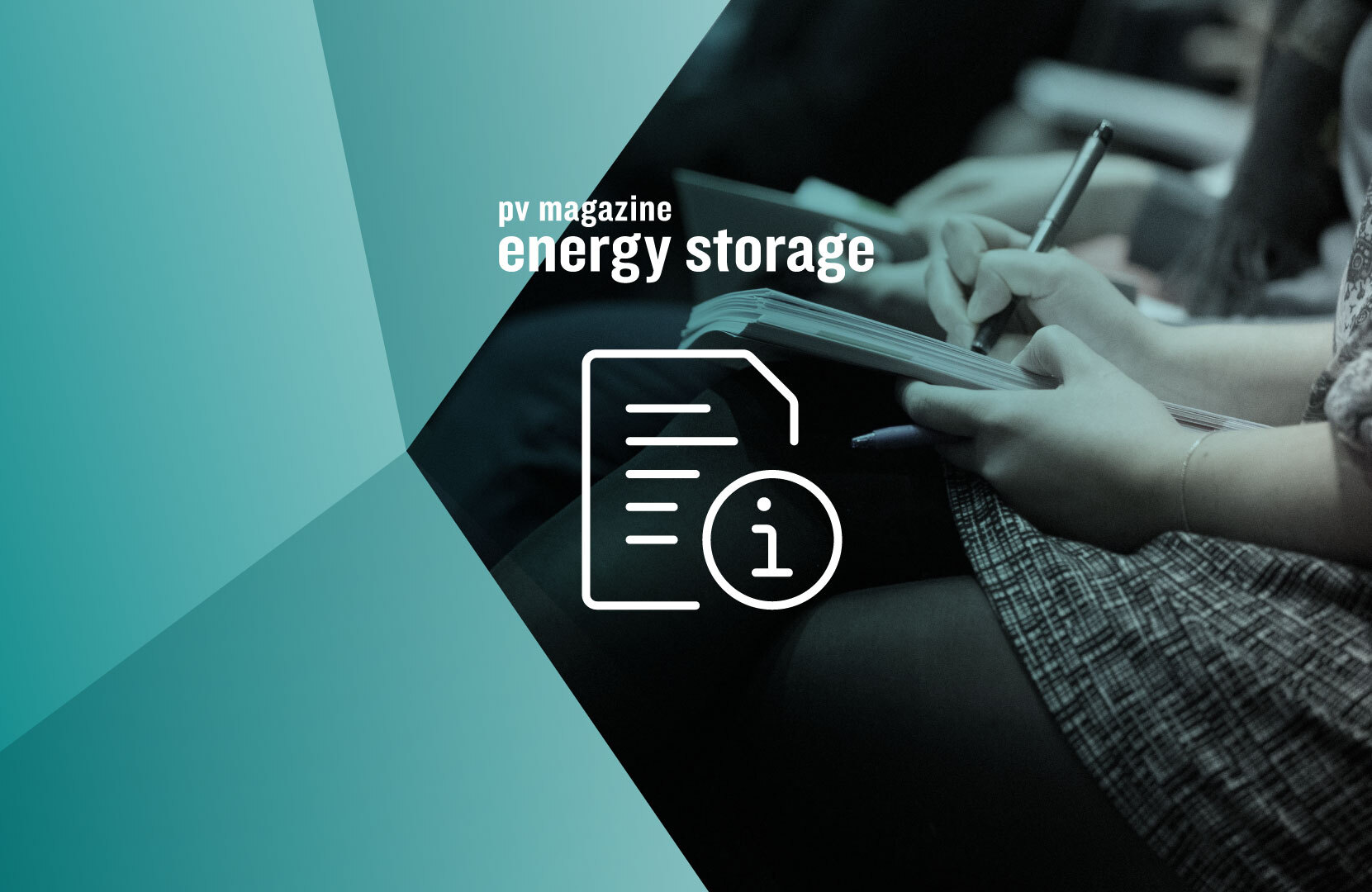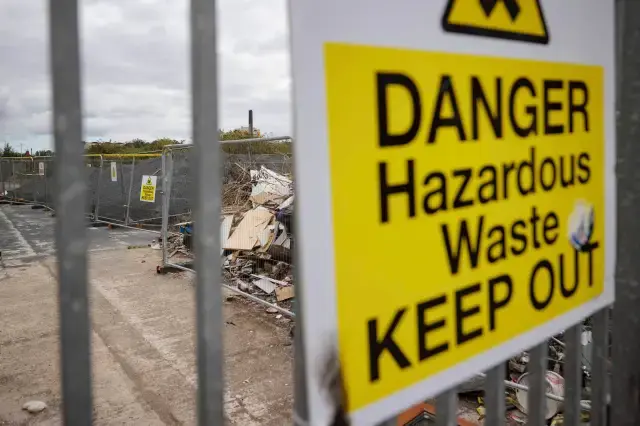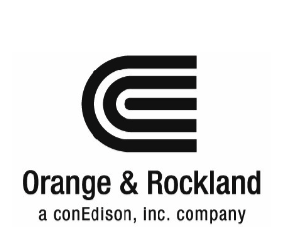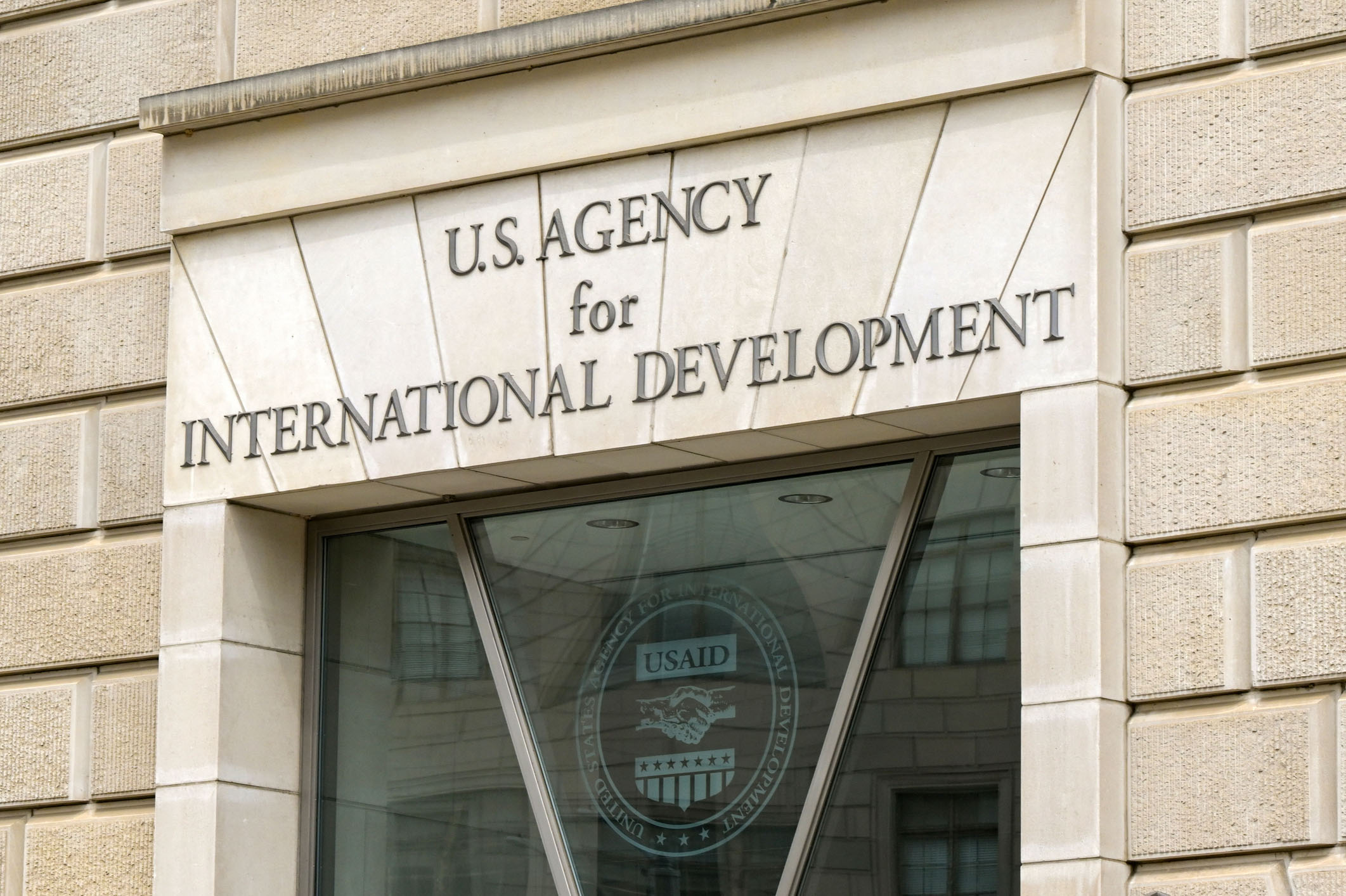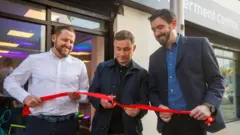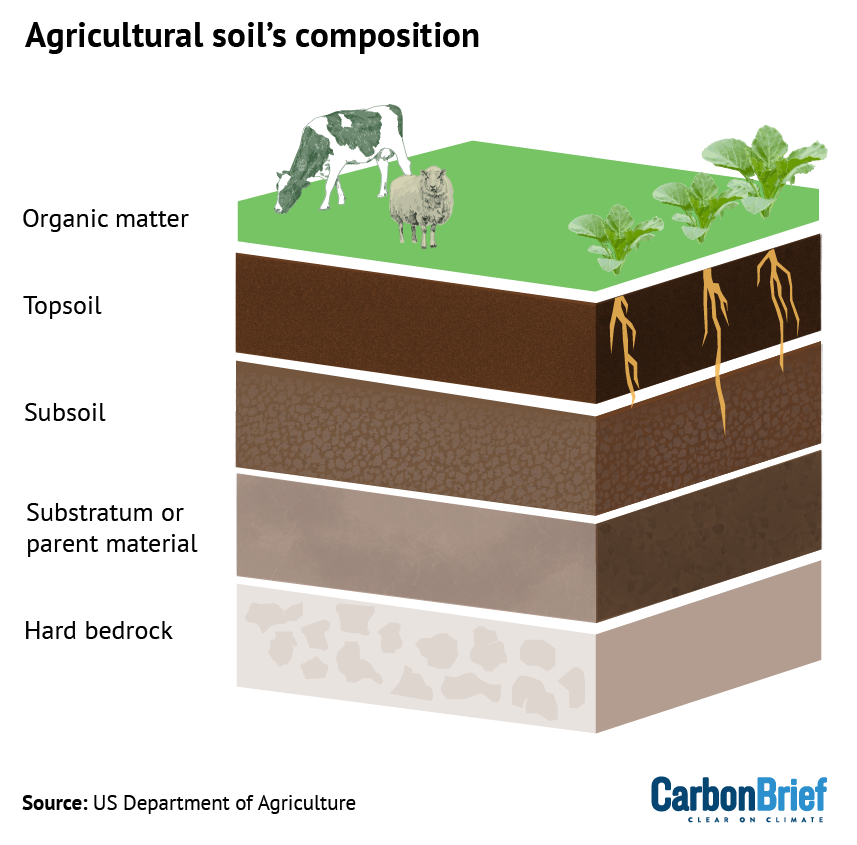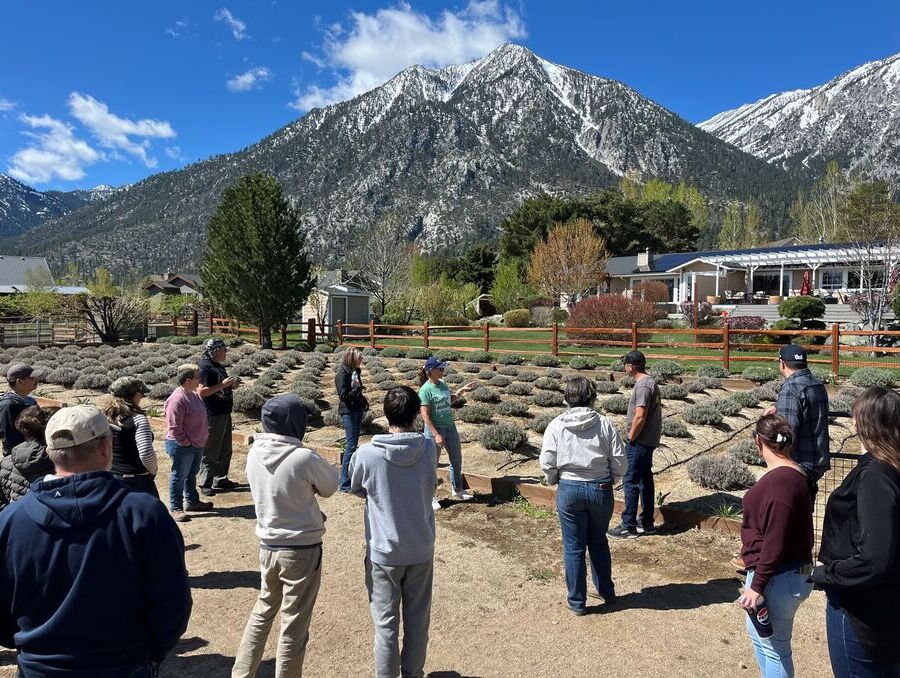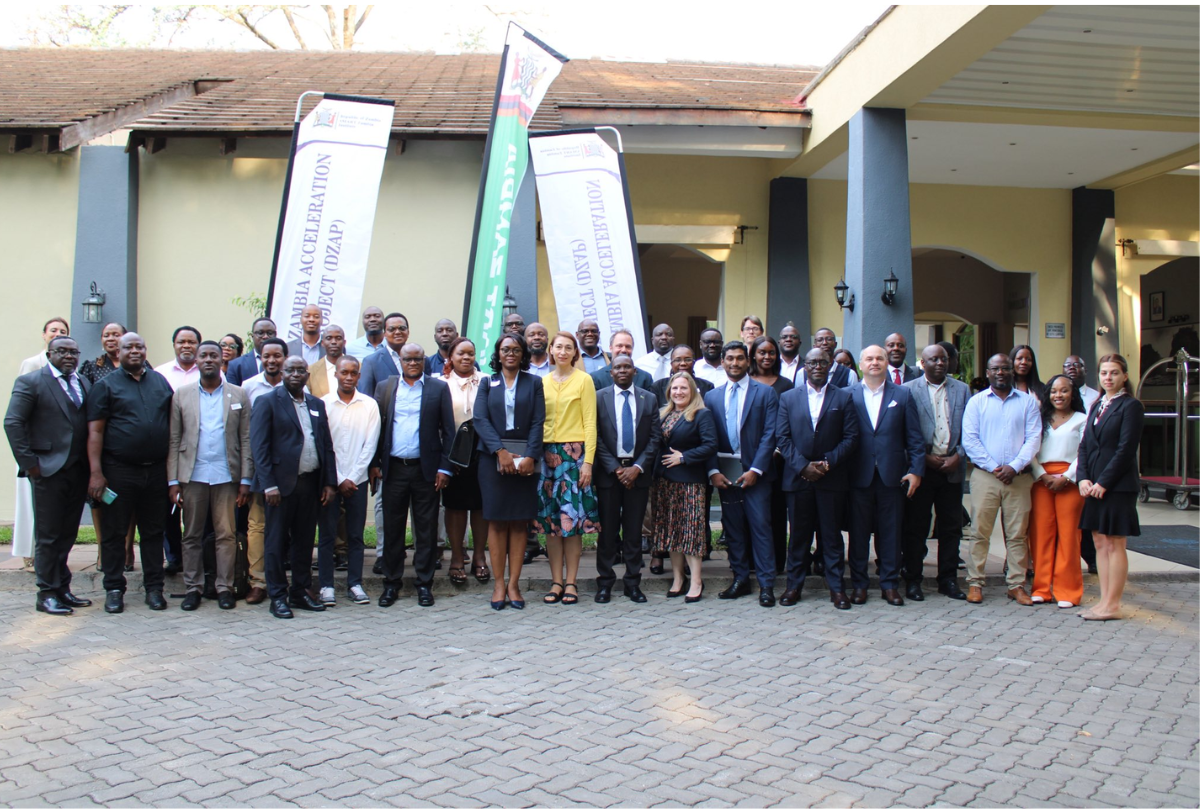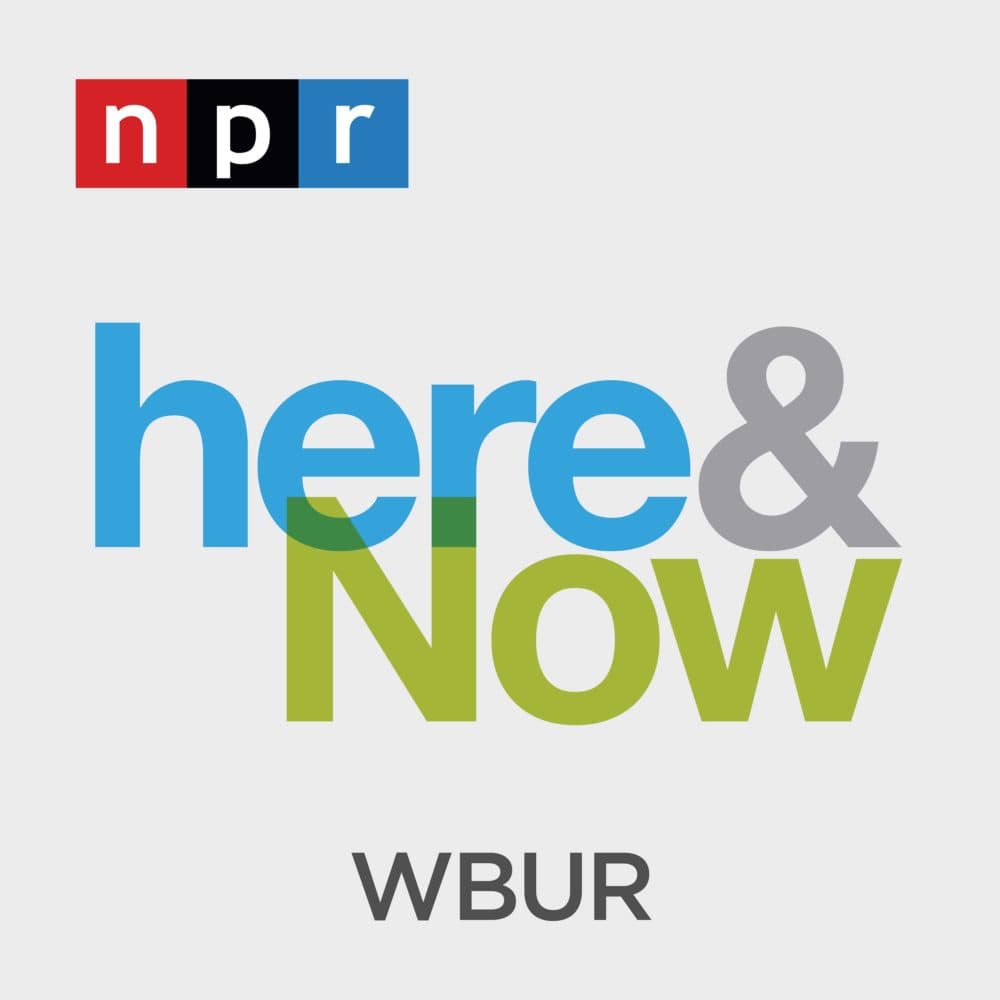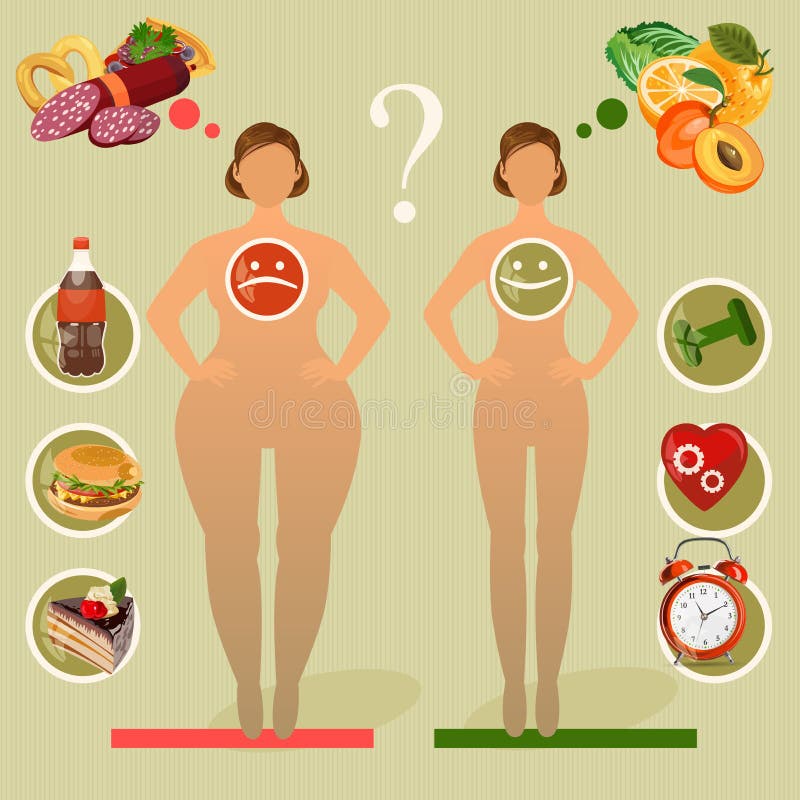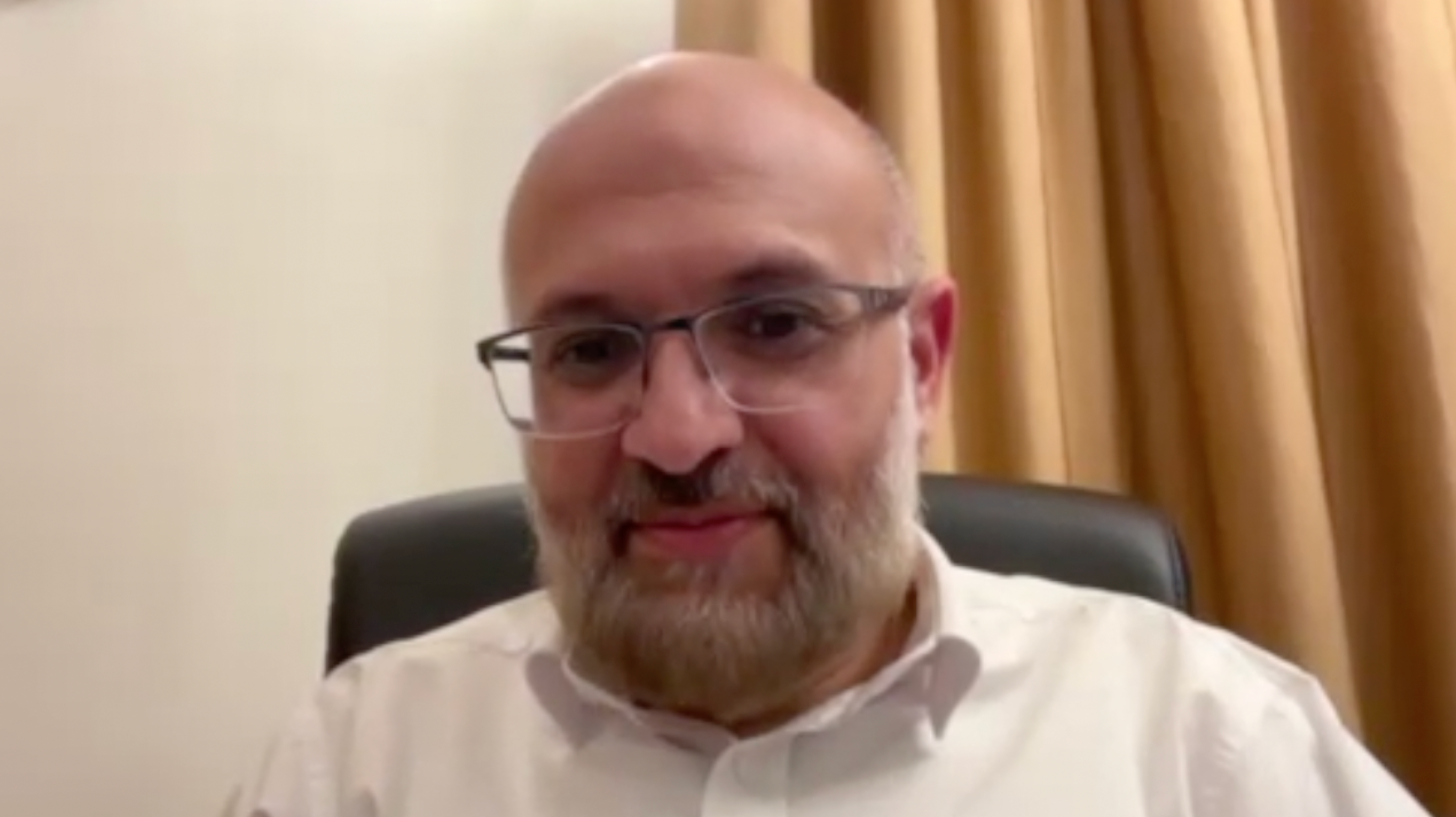What if Augusta revokes business licenses for troubled low-income apartments? – WRDW

Municipal Intervention in Substandard Housing Crisis in Augusta, Georgia
Augusta city commissioners are contemplating the revocation of business licenses for three low-income apartment complexes—Bon Air, Richmond Summit, and Maxwell House—due to persistent and severe living conditions that fail to meet basic standards of safety and decency. This potential action highlights a critical intersection of municipal governance and the United Nations Sustainable Development Goals (SDGs), particularly those concerning housing, health, and inequality.
Alignment with Sustainable Development Goals (SDGs)
SDG 11: Sustainable Cities and Communities
The situation in Augusta directly addresses SDG Target 11.1, which calls for ensuring access for all to adequate, safe, and affordable housing. The conditions reported at the three complexes represent a significant failure to meet this global objective. Residents have endured years of systemic issues, including:
- Persistent safety concerns and high crime rates.
- Inoperable or broken elevators, creating accessibility barriers.
- Environmental health hazards such as mold, water leaks, and pest infestations.
- Chronic plumbing and utility failures.
The city’s intervention is an attempt to enforce standards that create sustainable and livable communities for all residents, regardless of income level.
SDG 3: Good Health and Well-being
The reported living conditions pose a direct threat to the physical and mental health of residents, contravening the principles of SDG 3. Commissioner Jordan Johnson described “smells that… would just take your breath” and reports of “rats that are running around behind their beds at night.” Such environments contribute to respiratory illnesses, stress, and other health complications, undermining the goal of ensuring healthy lives and promoting well-being.
SDG 10: Reduced Inequalities & SDG 1: No Poverty
This crisis underscores the deep inequalities faced by low-income populations. The substandard housing provided to these residents is a stark example of systemic disparity. While the commission’s actions aim to rectify this inequality, they also raise concerns related to SDG 1. A primary challenge is ensuring that any regulatory action, such as license revocation, does not inadvertently lead to homelessness or exacerbate the poverty of the residents who would be displaced.
SDG 16: Peace, Justice and Strong Institutions
The Augusta Commission is functioning as a strong local institution, seeking to uphold justice for its most vulnerable citizens. By holding a formal hearing and considering punitive measures like license revocation, the city is exercising its regulatory authority to hold property owners accountable. Commissioner Catherine Smith Rice noted past instances where owners were “not true to their word,” indicating a breakdown in corporate responsibility that necessitates institutional intervention.
Proposed Regulatory Action and Potential Outcomes
Commission’s Stance and Upcoming Hearing
A hearing is scheduled for next Tuesday where commissioners, property owners’ representatives, and residents will convene to discuss the potential license revocations. Officials have expressed a firm resolve to take action.
- Commissioner Rice stated the city would consider “Probation, suspension, whatever it takes,” prioritizing the “safety and the well-being of the citizens.”
- Commissioner Johnson affirmed his willingness to “do whatever it takes to make sure that the folks who are living in these conditions have a better quality of life,” while also seeking partnership with owners to find a sustainable solution.
Contingency Planning for Resident Welfare
A significant point of uncertainty remains regarding the fate of the residents should the licenses be revoked. Commissioners acknowledge this challenge, stating they will consult with legal counsel to determine the next steps after the hearing. The primary objective is to improve living conditions without causing negative repercussions, such as displacement, for the residents.
Response from Property Management
Maxwell House Statement of Remediation
In response to the city’s scrutiny, the ownership of Maxwell House issued a statement detailing corrective actions. Following a recent fire that damaged the elevators, management reported that service was restored. During the disruption, they provided:
- Temporary hotel accommodations for residents who requested them.
- Supplemental trash pickup services.
Ongoing Building Improvement Plan
The owners of Maxwell House claim to be implementing a comprehensive plan to address resident concerns and ensure a safe living environment in line with regulatory standards. Key components of this plan include:
- Cleaning: Common areas and stairwells are being cleaned four times per week.
- Pest Control: Exterior entry points have been sealed, and a third-party vendor is providing weekly pest abatement services.
- HVAC: A full building inspection was conducted, and supplemental air conditioning units are being installed as needed.
- Fire Systems: All systems have been inspected and certified as operational by a third-party vendor.
The management expressed a commitment to transparency and collaboration with city leaders and residents to meet and exceed all standards.
SDGs Addressed in the Article
SDG 11: Sustainable Cities and Communities
- The article’s central theme is the quality of housing in urban apartment complexes in Augusta. It directly addresses the challenge of providing “adequate, safe” living conditions for residents, which is a core component of creating sustainable communities. The discussion about “low-income apartment complexes” and the deplorable conditions like “mold, leaks, plumbing issues” highlights the struggle to ensure decent housing for all urban dwellers.
SDG 3: Good Health and Well-being
- The living conditions described pose significant health risks. The article mentions “mold,” “leaks,” “rats that are running around,” and “smells that you encounter… would just take your breath.” These conditions are directly linked to respiratory illnesses, stress, and diseases transmitted by pests, thus connecting the housing issue to the health and well-being of the residents.
SDG 16: Peace, Justice and Strong Institutions
- The article details the response of a local governing body, the Augusta commission, to the residents’ plight. The commission’s consideration of revoking business licenses is an action by a public institution to enforce standards and hold property owners accountable. This relates to developing “effective, accountable and transparent institutions.” Furthermore, the mention of “safety concerns and crime” and residents being “scared to walk out of their rooms” touches upon the goal of ensuring public safety and peace.
Identified SDG Targets
SDG 11: Sustainable Cities and Communities
-
Target 11.1: By 2030, ensure access for all to adequate, safe and affordable housing and basic services and upgrade slums.
- This target is the most relevant. The article focuses on three “low-income apartment complexes” where housing is neither adequate nor safe. The text explicitly lists failures in basic services and infrastructure, such as “broken elevators, mold, leaks, plumbing issues,” which directly contravenes the goal of this target. The entire conflict revolves around the city’s effort to force owners to provide “a decent place to live.”
SDG 3: Good Health and Well-being
-
Target 3.9: By 2030, substantially reduce the number of deaths and illnesses from hazardous chemicals and air, water and soil pollution and contamination.
- The living conditions described constitute a contaminated and polluted indoor environment. The presence of “mold,” “rats,” and unspecified “smells that you encounter… would just take your breath” points to poor air quality and biological contamination that can lead to illnesses, aligning with the concerns of this target.
SDG 16: Peace, Justice and Strong Institutions
-
Target 16.6: Develop effective, accountable and transparent institutions at all levels.
- The article showcases a local institution, the Augusta commission, taking action. The planned hearing where “representatives of the owners will be there, and we’re told residents will be, too” is an example of a transparent process. The commission’s struggle to enforce standards and the statement, “I’ve heard ’em speak before numerous of times. And they are not true to their word,” highlights the challenge of making institutions effective and ensuring accountability from business owners.
Implied Indicators for Measuring Progress
For Target 11.1 (Adequate and Safe Housing)
- State of basic services: The article implies this can be measured by the operational status of essential facilities. The restoration of “elevator service” is mentioned as a specific improvement. The functionality of plumbing and HVAC systems are also key indicators.
- Structural quality and safety of housing: The presence or absence of “mold, leaks,” and “plumbing issues” serves as a direct indicator of housing adequacy.
- Presence of pests: The article mentions “rats that are running around” and the owners’ implementation of “weekly pest abatement services” as a measure of improvement. The frequency of pest control and resident reports of pests are measurable indicators.
For Target 3.9 (Reduction in Illness from Pollution)
- Quality of the living environment: The article implies this can be measured by the number of complaints about “smells that you encounter” and visible signs of contamination like “mold.” The owners’ commitment to cleaning common areas “four times per week” is a tangible action to improve the environment.
For Target 16.6 (Effective and Accountable Institutions)
- Regulatory enforcement actions: The potential outcomes of the commission’s hearing—”Probation, suspension, whatever it takes”—serve as indicators of the institution’s effectiveness in enforcing regulations.
- Compliance with standards: The owners’ statement that they are working to “ensure that all services meet or exceed regulatory standards” and have systems “inspected and confirmed operational by a certified third-party… vendor” provides a clear indicator of compliance and accountability.
Summary of Findings
| SDGs | Targets | Indicators |
|---|---|---|
| SDG 11: Sustainable Cities and Communities | 11.1: Ensure access for all to adequate, safe and affordable housing and basic services. |
|
| SDG 3: Good Health and Well-being | 3.9: Substantially reduce illnesses from pollution and contamination. |
|
| SDG 16: Peace, Justice and Strong Institutions | 16.6: Develop effective, accountable and transparent institutions at all levels. |
|
Source: wrdw.com

What is Your Reaction?
 Like
0
Like
0
 Dislike
0
Dislike
0
 Love
0
Love
0
 Funny
0
Funny
0
 Angry
0
Angry
0
 Sad
0
Sad
0
 Wow
0
Wow
0
